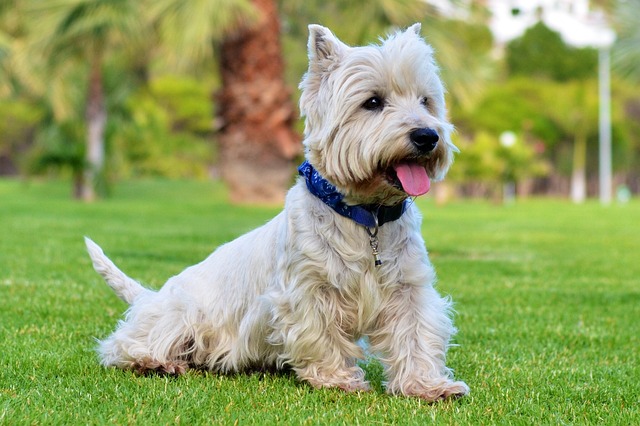
How do i train my dog to be obedient?
Watching your dog dart across the park ignoring your calls isn’t just frustrating—it can put them at risk near busy streets or public spaces.
Puppies aren’t born knowing where to relieve themselves, but their tiny bodies start sending signals earlier than you might think. Most veterinarians and trainers agree that the sweet spot for beginning potty training arrives when your puppy is between 12 and 16 weeks old. By this age, their bladder and bowel muscles have developed enough to hold it for short stretches—usually an hour or two at a time—and they start associating certain behaviors with the need to go.
Don’t wait until they’re older, though. Even at 8 weeks, you can lay the groundwork by taking them outside immediately after naps, meals, and playtime. Watch for circling, sniffing, or sudden stops in play—these are classic signs they’re looking for a spot. Consistency here builds habits that stick, which is key when you’re navigating busy schedules.
 It’s important to remember local laws, too. Many areas require cleaning up after your dog in public spaces, and some have specific rules about letting puppies relieve themselves in shared areas like apartment complexes. Familiarizing yourself with these regulations not only keeps you compliant but also helps maintain good relationships with neighbors and community members.
It’s important to remember local laws, too. Many areas require cleaning up after your dog in public spaces, and some have specific rules about letting puppies relieve themselves in shared areas like apartment complexes. Familiarizing yourself with these regulations not only keeps you compliant but also helps maintain good relationships with neighbors and community members.
The environment matters as much as timing. Puppies thrive on routine, so pick a consistent spot—whether it’s a corner of your yard or a nearby patch of grass—and take them there every time. Using a cue word like “go potty” while they’re in the act helps them link the phrase to the action, making training more effective over time. Avoid scolding if they have accidents indoors; it confuses them and can slow progress. Instead, calmly clean the area with an enzymatic cleaner to remove odors that might draw them back.
As your puppy grows, their bladder control improves. By 6 months, most can hold it for 4-6 hours, making longer outings or workdays more manageable. Keep adjusting the schedule as they mature, gradually extending the time between breaks. Celebrate successes with treats and praise—positive reinforcement goes a long way in making potty training a positive experience for both of you.
Potty training isn’t just about avoiding messes; it’s about building trust and communication. When you respond promptly to their needs, you’re teaching them that you’re attentive to their signals, which strengthens your bond. Stay patient, stay consistent, and remember that every puppy learns at their own pace. With time and effort, those accidents will become a thing of the past, leaving you with a well-trained companion ready to enjoy all life has to offer.

Watching your dog dart across the park ignoring your calls isn’t just frustrating—it can put them at risk near busy streets or public spaces.

New puppy owners often find themselves rushing to clean up accidents before they set in, and that’s where puppy pad training becomes a game-changer.

If you've noticed your dog's waistline disappearing and your veterinarian has mentioned those few extra pounds, your first instinct might be to simply reduce the amount of food in their bowl.

Training a dog to use a designated spot indoors isn’t as daunting as many new owners fear, but it does take consistency and an understanding of your pet’s needs.

That moment of dread on a walk is all too familiar for many new dog owners. You see another dog approaching down the sidewalk of your neighborhood

If the sight of another dog on your neighborhood walk makes your heart sink as your own dog erupts into a frenzy of barking and lunging, you're not alone.